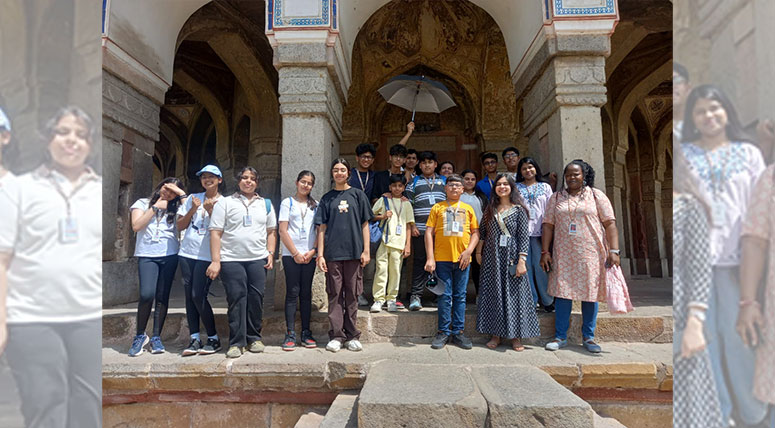THE IB CURRICULUM UNIVERSAL SUCCESS SERIES || CHAPTER 4
MYP: Promoting Interdisciplinary Learning with Thinking Skills
As an educator, I’ve pondered how the realm of Education can adapt itself to manage disparities and stay ahead in the race of quest, in an ever-changing world where the boundaries between knowledge domains blur.
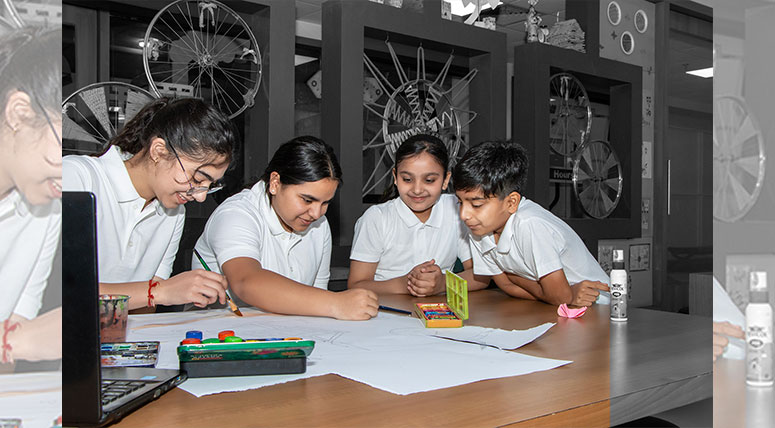
It is no longer desirable to meet the requirements of a diverse student body by using the traditional method of classifying Education into discrete fields of study or disciplines. This includes students who come from different cultural backgrounds having different cognitive interests while learning preferences. Due to their cognitive talents, individuals do not abruptly transition their thoughts from one subject to another, but rather opt to establish meaningful connections. Well, it was in the Interdisciplinary approach to education that gave me the solution that I was seeking for a long time.
Well renowned for its academic rigour, the International Baccalaureate Schools is committed to provide students with the skills and knowledge they would require to accomplish their future goals. Developing a strong commitment to multicultural understanding, respect, and appreciation as well as a voracious appetite for knowledge, preparing them to become valuable members of society and lifelong learners is the primary objective of the curriculum.
Interdisciplinary learning is a core element of the Middle Years Programme (MYP) of the IB curriculum, with a focus on meaningfully planned integration of subject groups or content. The process of integration cultivates a diverse set of abilities in our students, strengthening critical thinking skills while focusing on problem solving and inventiveness.
Through the integration, students are able to recognize the interconnectedness of diverse ideas and concepts, enabling them to effectively apply this knowledge in resolving intricate challenges. This approach additionally facilitates the development of a more profound comprehension of the surrounding world among students, while also fostering a broader and more imaginative thinking process about various matters.
In my experience as a IB MYP Coordinator who has a strong connection to the programme, interdisciplinary learning and critical thinking skills have a big influence on students’ overall development. Instead of compartmentalising subject matter, we integrate and synthesise it as we navigate the complicated terrain of knowledge throughout our educational journey. The MYP aims to go beyond mere mastery of individual subjects by creating a diverse range of learning experiences that surpass disciplinary borders promoting critical thinking, curiosity, and a global perspective among students. It has been observed that when executed well, this type of instruction and acquisition of information leaves a profound impact in enabling students to apply theoretical concepts to real-world problems as well as in promoting meaningful collaboration among educators in different academic silos.
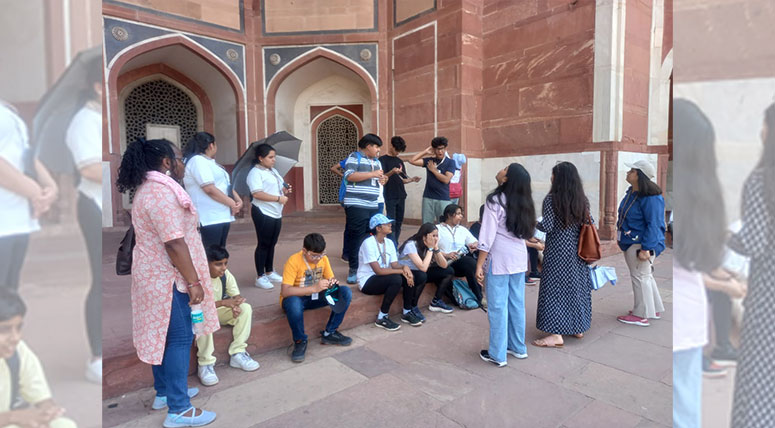
At Manav Rachna International School, Faridabad, IB *Candidate School, we go beyond simply incorporating an interdisciplinary approach to subject content; we also emphasize on this while fostering students’ understanding of international mindedness. On World Heritage Day, our teachers collaborated to brainstorm engagements that explore the concept of ‘Heritage’ from the unique lens of their subject groups. This approach allowed a broader perspective that also encouraged them to appreciate diverse cultures and heritage while exploring connections among different disciplines. This interdisciplinary approach allowed students to grasp the significance of heritage from multiple angles including history, art, literature, mathematics and science, thereby deepening their comprehension with the help of a rich tapestry of learning experiences. Witnessing everyone actively involved in establishing a dynamic learning environment that integrated unique viewpoints with a shared vision was truly inspiring.
The IB schools stress on being curious and inquisitive, which motivates students to participate actively in their education as opposed to merely absorbing information. The pedagogy under this includes formulating questions, carrying out research, conducting investigations and seeking answers. Interdisciplinary learning, which encourages students to examine problems from numerous perspectives and investigate the links between diverse academic areas, offers an excellent foundation for inquiry. This method of instruction and learning is thought to spark creativity and teamwork because it encourages students to challenge presumptions, evaluate the data, take into account opposing viewpoints, and participate in reasoned discussion. Learners acquire the capacity to tackle problems with curiosity, caution, and an open mind, regardless of the task at hand—examining scientific data, deconstructing complicated texts, assessing social concerns, creating environmentally friendly solutions for the current environmental challenges, advocating for social justice or participating in entrepreneurial projects.
One of the most gratifying facets of being in the world of education is witnessing students establish links between various educational spheres. In the present era, where there is a demand for individuals who possess inventive and imaginative approaches to problem-solving, this approach is gaining popularity worldwide, as educators acknowledge the advantages of tutoring students in interdisciplinary thinking and the integration of knowledge from other fields.
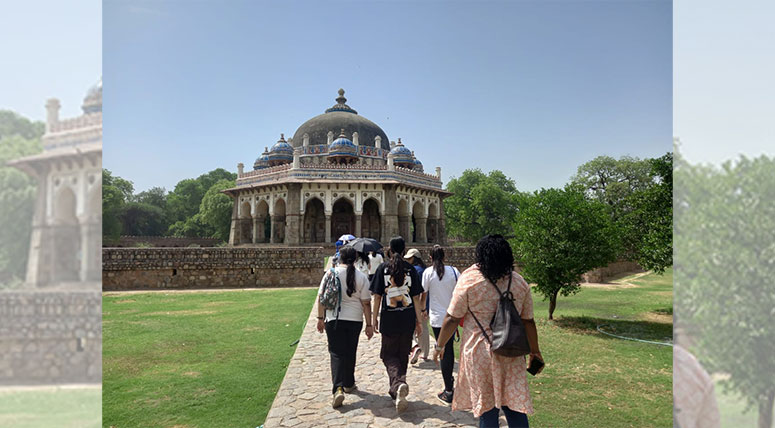
The challenges and requirements we encounter as a society can no longer be resolved through conventional, one-dimensional modes of thinking. Interdisciplinary learning emphasizes the significance of reconsidering education and adapting our learning methods. In order to adapt to changing times, we advocate for this method of learning that emphasizes practical experience, active engagement, and creative problem-solving.
The road to innovative education is a continuous process and the adoption of interdisciplinary learning serves as the beacon guiding us to the future. Being educators, we have to be the ones to make sure that the students are not only getting prepared for the hardships of the now, but also the complications of the future’s world.
The International Baccalaureate Program is interdisciplinary. We assist the students to become adaptable and creative thinkers who can handle the interrelation of our world with ease and insight. With the promotion of a culture of inquiry, critical thinking, and teamwork, students are not only equipped with the skills for academic achievement but also to make a remarkable endowment to their communities and the whole world. Through the advancement of interdisciplinary learning, we are now nearing our goal of reforming the educational system so that it will become a force that will not only change the lives of individuals but also the future of humanity.
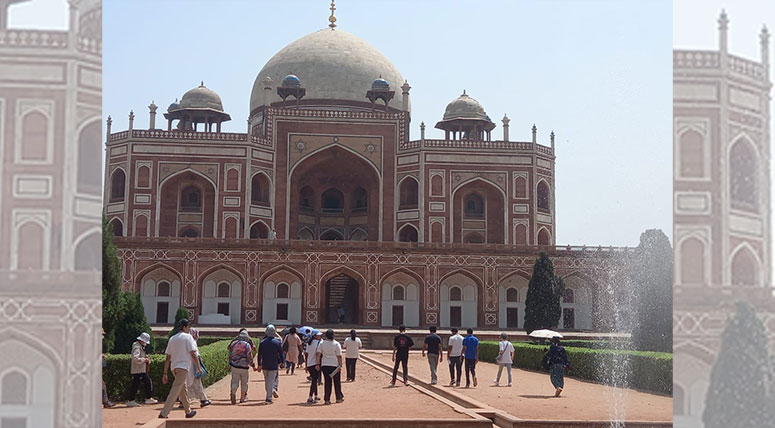
We invite you to visit our website to know more about the IB Schools of Manav Rachna Educational Institutions.
Thank you!
ALSO READ: BEYOND THE MYTHS: THE TRUE IB PROGRAMS
ADMISSIONS OPEN FOR IB PYP, MYP & DP AT IB @ MRIS 14, FARIDABAD, GURUGRAM, SESSION 2024-25
Author: Ms. Surbhi Khanna, MYP Coordinator, Manav Rachna International School, Faridabad, IB *Candidate School
